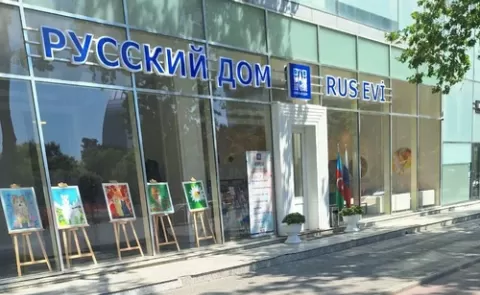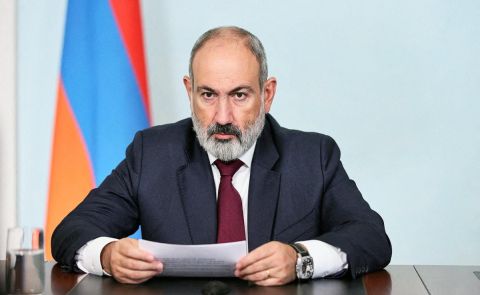
Supreme Eurasian Economic Council meeting kicks off in Armenia; Rouhani speaks about Iran-Armenia cooperation potentials
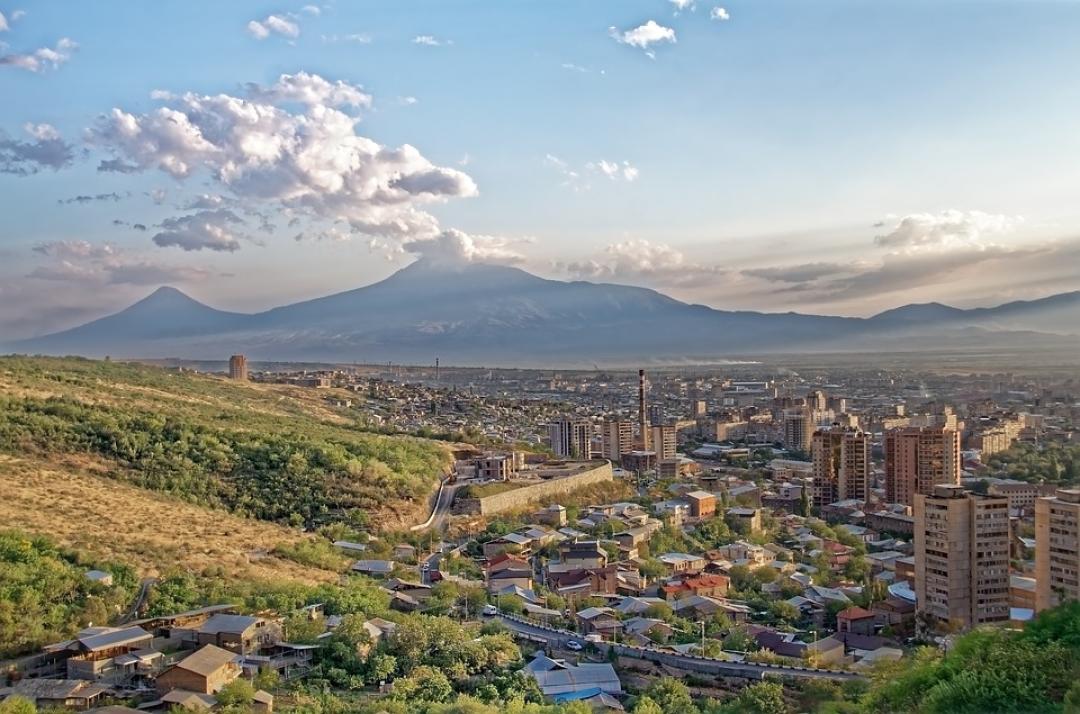
On 1 October, the meeting of the Supreme Eurasian Economic Council has started in Yerevan. The meeting was attended by the leaders of the Eurasian Economic Union (EAEU) member states: Armenian Prime Minister Nikol Pashinyan, Belarusian President Alexander Lukashenko, Kazakh President Kassym-Jomart Tokayev, Kyrgyz President Sooronbay Jeenbekov, as well as Tigran Sargsyan, Chair of the Board of the Eurasian Economic Commission, who were later joined by the President of the Russian Federation Vladimir Putin. The Council will also be attended by the President of Moldova Igor Dodon in connection with Moldova’s status as an observer state at the EAEU. President of the Islamic Republic of Iran Hassan Rouhani and the Prime Minister of the Republic of Singapore Lee Hsien Loong will be as invited heads of state.
The host of the council, Prime Minister Pashinyan was pleased to note that for the first time in the framework of such a meeting, an international forum was held on the transit opportunities of the Eurasian continent. He highlighted that amongst the most important issues for the EAEU is the market, the mutual recognition of electronic signatures, as well as the transition to the national currency in the behavior of settlements, as well as the latest developments on the gas market, which are of particular importance to Armenia.
Pashinyan also updated the guests on the current state of affairs of the EAEU and partner countries. He mentioned that agreements with Iran and China are coming into force this month. Talks with Singapore have been completed and today an agreement will be signed between the EAEU and Singapore. Talks are expected to be completed with Serbia and they are aimed at the effective completion of negotiations with Egypt, Israel, and India.
The meeting participants will also consider the issues on: 1) approving the amount of fees paid by business entities when applying to the Eurasian Economic Union (EAEU) Court, 2) amending the decision of the Supreme Eurasian Economic Council of October 2014, 3) the report on the execution of the EAEU budget for 2018, and the EAEU budget for 2020, 4) the main directions of international activity of the EEU for 2020, on the concept of forming a common financial market for the EAEU, 5) the signing protocols on amending the EAEU Agreement of May 2014, 6) approving the procedure for repaying debts of EAEU member states on payment of share contributions to the EAEU budget, 7) harmonizing of the legislation of the EAEU member states in the field of gas transportation and supply between organization members, 8) the early termination of powers of a member of the board of the Eurasian Economic Commission and on the appointment and Lena Collegium, 9) amending provision No. 1 regarding the regulations of the Eurasian Economic Commission, and 10) amending the regulation on the EAEU Agricultural Policy Council, on the time and place of the next meeting of the Supreme Eurasian Economic Council.
Rouhani talks about bilateral cooperation with Armenia
A day before the conference, the Iranian President Hassan Rouhani arrived in Yerevan where he held bilateral talks with Armenian President Armen Sarkisyan and Prime Minister Nikol Pashinyan.
The presidents of Armenia and Iran agreed that the two countries have much greater potential for cooperation than is actually tapped. It was noted that the visa-free regime between the two countries has contributed to the development of their bilateral relations and tourism. In the development of their trade and economic relations, the presidents considered important the effective work of free economic zones. Noting that Armenia has great potential for environmentally friendly energy, President Sarkisyan said that cooperation in the field of energy could be much broader, and suggested paying more attention to these domains, especially since Iran has great success in the field of solar energy. Referring to the transport sector, the Armenian president noted that by modernizing the highway connecting Armenia with Iran, the transportation will significantly increase.
Afterwards, Rouhani met with Pashinyan. The Armenian Prime Minister noted that “relations between [the two] countries have been good, and continue to be, and [that the Armenian] position is that the relations with Iran should be as far from geopolitical influences as they are immediate neighbors and have many common interests.” Pashinyan also noted that this is the first visit of the Iranian President to Armenia after the velvet revolution. Pashinyan also appreciated Iran's balanced position on the Nagorno-Karabakh conflict settlement.
Rouhani expressed the readiness of his government to continue working with the Armenian government to develop and implement new projects. He also expressed a desire to expand gas and electricity project volumes and to implement electricity generation projects in Armenia through gas, wind and solar energy. Iran was also interested in cooperation with Armenia in the field of transport infrastructure, including in various road construction projects.
The sides also touched upon issues related to cooperation in the field of railway, high technology, customs, science, tourism. Rouhani noted that the volume of trade turnover between the two countries has increased significantly since the assumption of the leadership of Prime Minister Pashinyan's team and the joint programs continue to be successfully implemented. The Iranian president added that Iran was also willing to discuss the process of implementing the Meghri HPP construction program, increase bilateral investment, increase trade turnover through free trade zones.
The sides also exchanged views on the transit routes to connect the Persian Gulf to the Black Sea. Pashinyan stressed that the realization of this program is in the strategic interest of Armenia and that he is ready to take practical steps to that end.
See Also

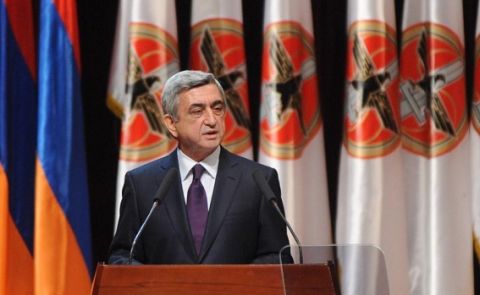
Anti-Corruption Court Reignites Case Against Armenia’s Ex-President
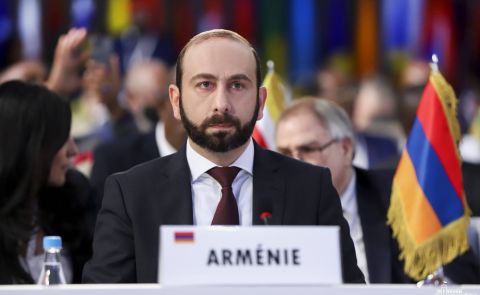
Armenia Seeks Full Normalization with Türkiye, Pushes for Peace
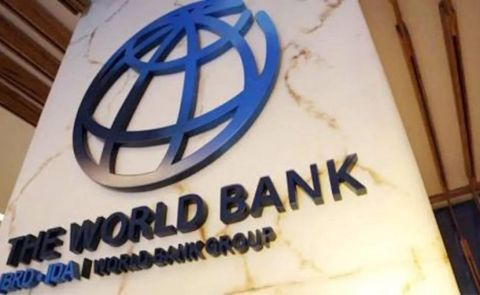
Armenia Launches Major Tourism Upgrade with World Bank Support
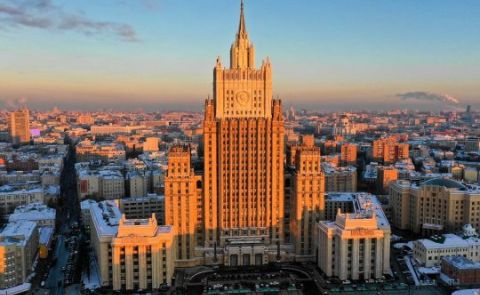
Russia Ready to Restore Ties with Georgia, Criticizes France and EU’s Actions in South Caucasus
